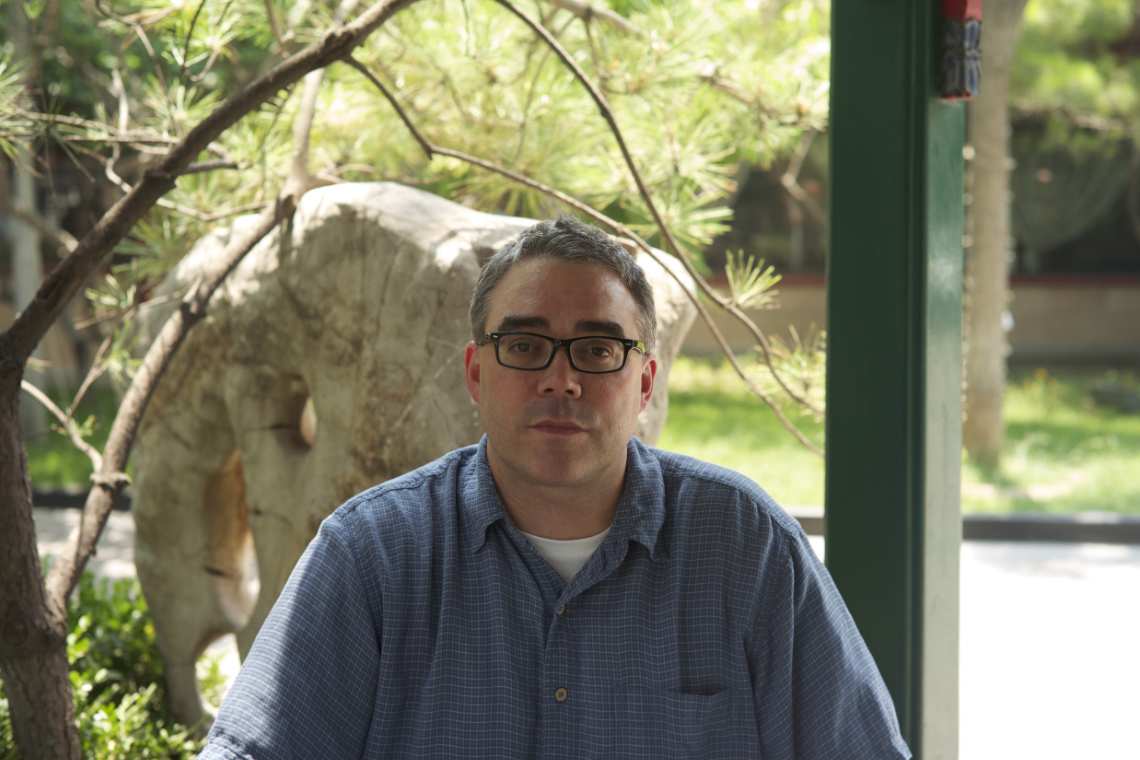China-watching isn’t what it used to be. Not too long ago, the field of international China studies was dominated by a few male Westerners with an encyclopedic knowledge of China, but with surprisingly little experience living in the country and speaking Chinese. Today, China-watching is different: The old “China hands” are still around and remain authoritative, but an increased number of younger travelers in a much more open China, people with specialized academic backgrounds and advanced language skills, and women — see last week’s Sinica Podcast on female China expertise — are changing the face of this field.
Bill Bishop is among the most recognizable China-watchers in the business. His long-running Sinocism newsletter is an essential resource for serious followers of China policy, and he is regularly quoted in a variety of major news outlets reporting on China.
Kaiser and Bill sat down at George Washington University in Washington, D.C., on April 6 to record this podcast and discuss how China-watching has changed over the years. And in a reflection of Bill’s point that the media’s conventional wisdom on China is usually wrong, the summit between Xi Jinping and Donald Trump at Mar-a-Lago (occurring during the recording of this podcast) was exactly as Bill predicted: “Bland.”
Recommendations:
Bill: In the Name of the People (人民的名义 rénmín de míngyì), the big-budget anti-corruption propaganda thriller. And The Souls of China: The Return of Religion After Mao, by Ian Johnson.
Kaiser: Homo Deus: A Brief History of Tomorrow, a provocative and original book by Yuval Noah Harari.








